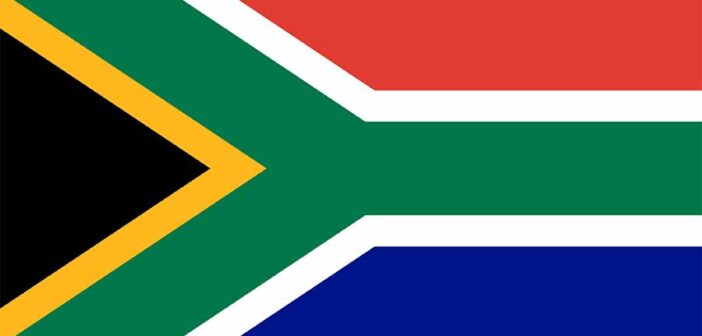- “Cry, the Beloved Country” by Alan Paton is a renowned work of fiction set in 1948, the year apartheid was officially implemented. The story follows the journey of Kumalo, a father searching for his son in Johannesburg. The book challenges stereotypes through its portrayal of the divided city and its characters, both black and white. Paton, known for his empathy, paints a narrative that reflects the liberal conscience of 20th-century South Africa.
- “The Promise” by Damon Galgut, winner of the Booker Prize in 2021, presents a state-of-the-nation novel similar to “Cry, the Beloved Country.” Set in 1986, the story revolves around a dying matriarch’s request for her husband to grant their maid ownership of a small plot on their farm. The novel explores the theme of a country wasting its potential and showcases Galgut’s ability to capture the essence of South Africa’s societal challenges.
- “Disgrace” by J.M. Coetzee – Set in post-apartheid South Africa, this novel tells the story of a university professor who faces personal and professional turmoil.
- “The Power of One” by Bryce Courtenay – This coming-of-age story follows a young white boy growing up in the 1930s and 1940s, highlighting the racial divisions of the time.
- “Long Walk to Freedom” by Nelson Mandela – While not a novel, Mandela’s autobiography chronicles his journey from activist to South Africa’s first democratically elected president.
- “A Dry White Season” by Andre Brink – Set in the 1970s, this novel delves into the politics and racial oppression of apartheid South Africa.
- “July’s People” by Nadine Gordimer – This thought-provoking dystopian novel imagines a fictional civil war in South Africa and its aftermath.
- “Burger’s Daughter” by Nadine Gordimer – Gordimer’s novel explores the moral and political dilemmas faced by anti-apartheid activists in South Africa.
- “Master Harold…and the Boys” by Athol Fugard – This play focuses on the relationship between a white teenager and his black servants, shedding light on racial tensions in 1950s South Africa.
- “Ways of Dying” by Zakes Mda – Set in a post-apartheid South Africa, this novel follows the life of an eccentric “professional mourner” who witnesses the struggles of the poor.
- “Spud” by John van de Ruit – A humorous and engaging novel, it tells the story of a young boy attending an elite boarding school in South Africa at the end of apartheid.
- “Diamonds, Gold and War” by Martin Meredith provides a comprehensive account of the pivotal decades in South Africa’s history. It explores the role of colonialism, mining, and war in shaping the country. The book highlights how the discovery of diamonds and gold transformed the region, leading to conflict between Afrikaners and the British. It also delves into the establishment of the Union of South Africa and the systemic discrimination against blacks.
- “The Seed is Mine” by Charles van Onselen is a meticulously researched and sensitive portrayal of rural South Africa under white rule. The book follows the life of Kas Maine, a black sharecropper born in 1894. Through Maine’s memories, the author sheds light on the racism and exploitation prevalent during the colonialism and apartheid eras. This collaboration presents an astonishing chronicle of a remarkable life.
- “My Traitor’s Heart” by Rian Malan delves into the darker aspects of late apartheid South Africa. Malan, an Afrikaner journalist, provides an ambivalent perspective on the brutality of the police, security forces, and ordinary white citizens. The book also explores the fears of the white population, including the author’s own, offering a classic work of reportage.
- “Mandela: The Lost Tapes” by Richard Stengel offers an alternative perspective to Nelson Mandela’s autobiography. Through excerpts from recorded interviews with Mandela, Stengel provides insights into aspects that the memoir intentionally avoided. This audio series, incorporating Stengel’s own commentary, captures the essence of Mandela’s life and sheds light on his marriage to Winnie Mandela.
- “We Have Now Begun Our Descent” by Justice Malala and “How Long Will South Africa Survive?” by R.W. Johnson address the challenges and shortcomings of the African National Congress (ANC) that has governed South Africa since the end of apartheid. Both authors offer unique perspectives, with Malala focusing on the general decay plaguing the country’s institutions and Johnson drawing parallels between the ruling party and the National Party of the past.
WANDERLIST: Ten famous novels set in South Africa (and some others)
0
Share.




